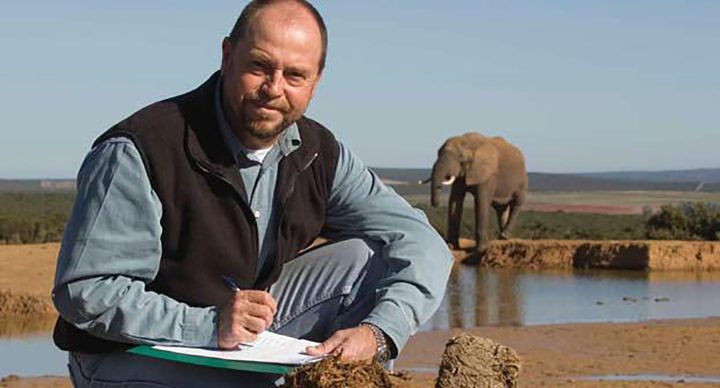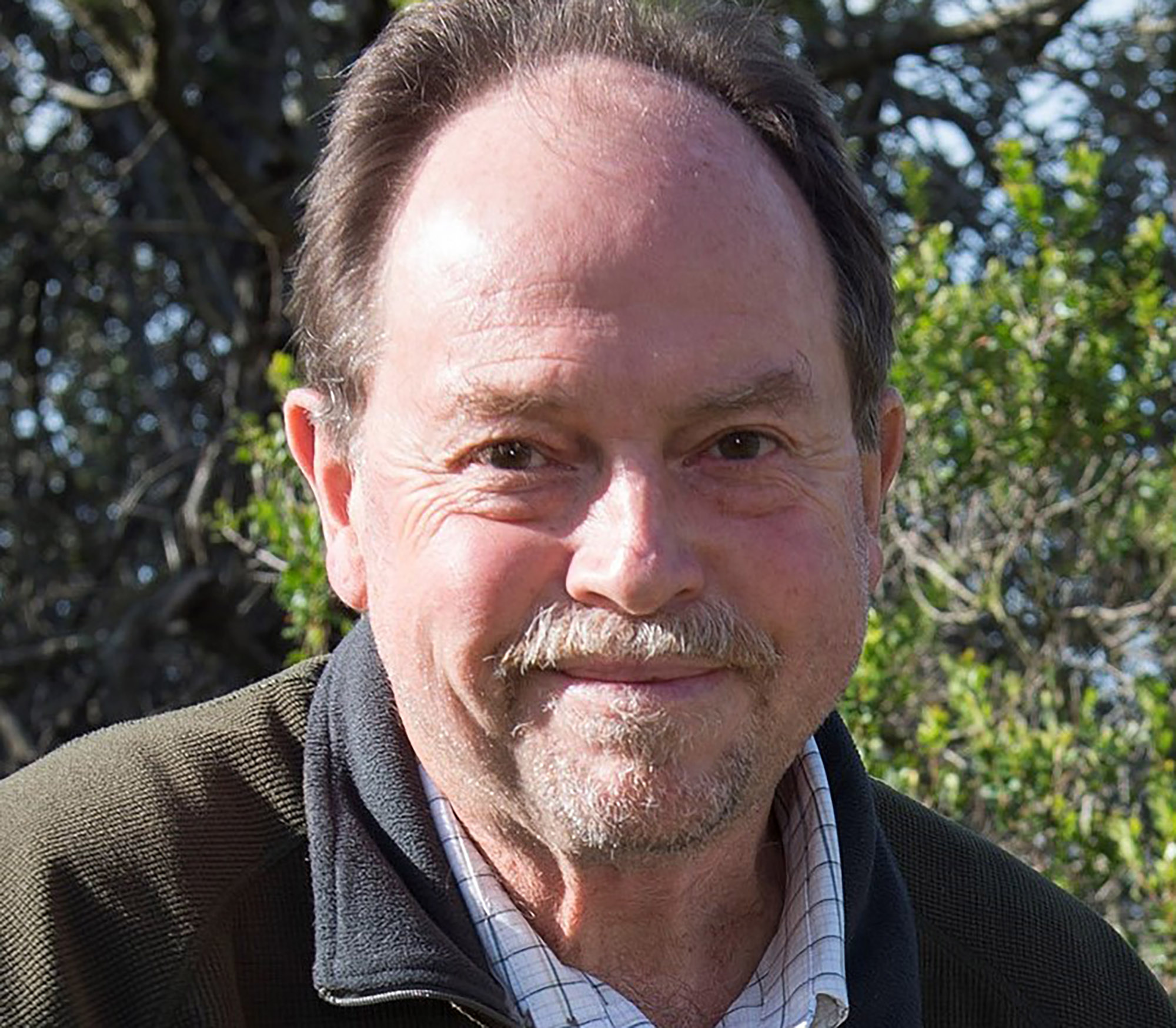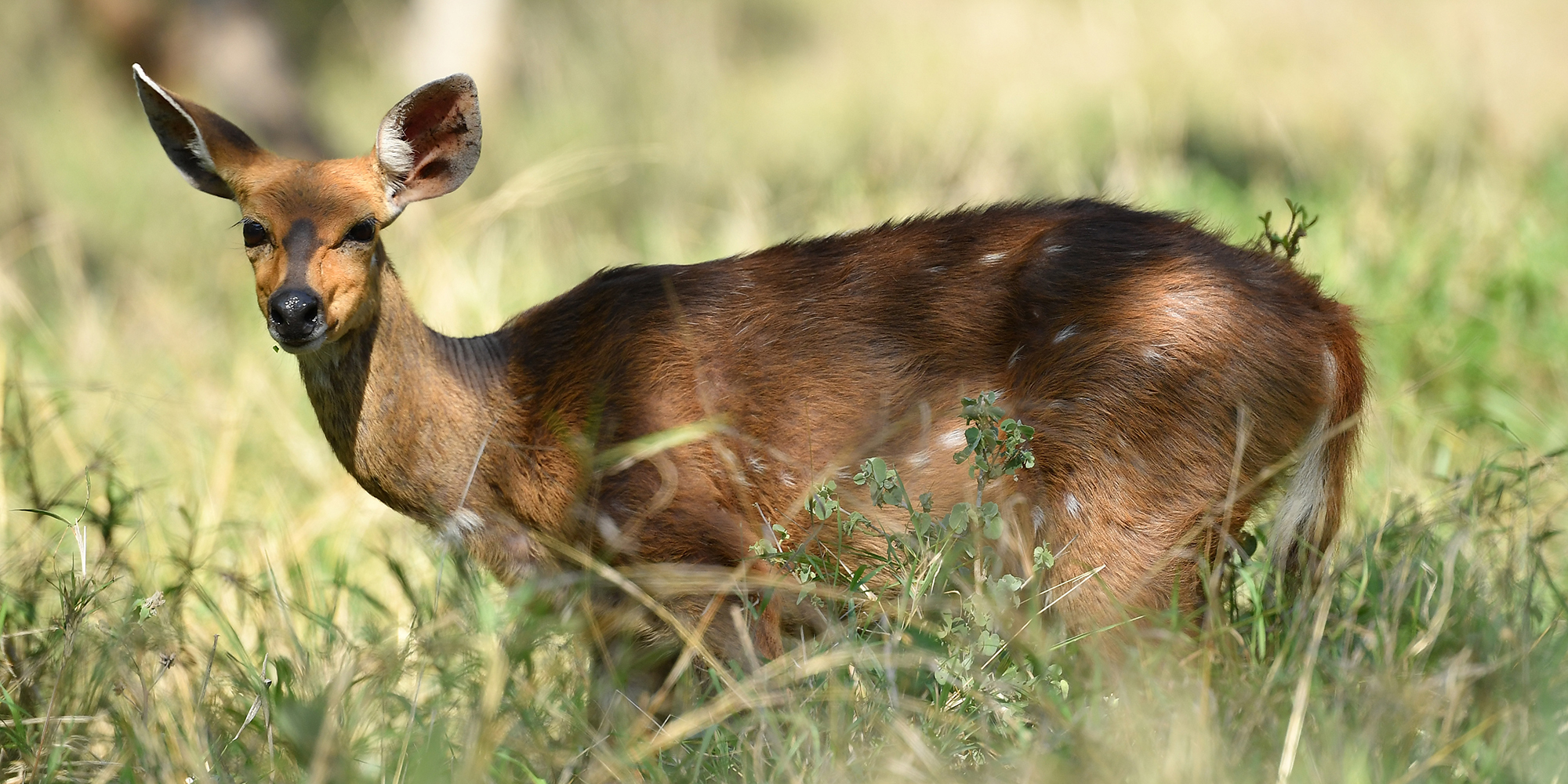ROVING REPORTERS
More awareness needed of biodiversity crisis, especially among young people, says SA ecologist

There are nearly 240,000 protected areas globally, yet we have a growing number of endangered species. This conundrum troubles leading conservation ecologist Prof Graham Kerley.
‘Why are you trying to conserve cows in a forest?” Graham Kerley once asked a panel of European conservation scientists.
Kerley, a zoologist fascinated by evolutionary biology, was being interviewed for a Marie Curie Fellowship. He questioned why bison, which, much like domestic cows, are bulk eaters of grass, were confined to European forests. He posed this question as a background to his proposed research into ecological restoration.
The European bison (Bison bonasus), is traditionally managed as a forest species, says Kerley. This is despite its evolutionary background, dental morphology, behaviour and diet characteristics of a grazing species that thrives in open, grass-rich habitats.
‘Refugee species’
The ensuing Fellowship at the Polish Academy of Sciences’ Mammal Research Institute fuelled Kerley’s interest in the subject, ultimately leading him to develop his “refugee species” concept.
Refugee species are those that can no longer access optimal habitats, resulting in decreased fitness and density. These animals become constrained by habitat and resource limits forced on them, with attendant conservation risks, says Kerley.
Kerley is set to elaborate on this at the 11th Oppenheimer Research Conference taking place in Johannesburg from 5 to 7 October.
His presentation is titled The Protected Areas Paradox and Refugee Species Concept. It calls for a more balanced approach to conservation — one that not only treats nature with respect by more equitably sharing the natural environment, but also learns valuable lessons from mistakes made in conservation.

Prof Graham Kerley, founding director of the Centre for African Conservation Ecology at the Nelson Mandela University, is to make a presentation at the forthcoming Oppenheimer Research Conference. (Photo: Supplied)
While a report from Statistics South Africa, released in October last year, states that the country’s terrestrial protected areas — 1,581 of them, according to SANParks — are growing at a healthy rate, Kerley reckons that aside from big reserves such as Kruger National Park, Kalahari Gemsbok National Park, iSimangaliso Wetland Park, Addo Elephant National Park and Hluhluwe-iMfolozi Park, most other protected areas are far too small — 100ha or less.
Few are suited to promoting large-scale biodiversity and ecological restoration, says Kerley.
And historically, mountainous, barren and rocky landscapes, where it’s hard for people to live or farm, have been set aside for conservation, says Kerley.
Fragmentary
In retrospect, we have pursued a piecemeal, fragmentary approach to the establishment of protected areas, which has clearly not guaranteed biodiversity protection, he says.
This has been a potential waste of money and resources, a vain attempt, or worse, paying lip service to conservation, argues Kerley.
“Humanity is so intricately linked to biodiversity that we should not give nature the landscape rejects,” he says.
Visit Daily Maverick’s home page for more news, analysis and investigations
His message: “We are only fooling ourselves. Wasting our resources conserving species in the wrong places with inadequate space, all in efforts to tick a box that we have conserved areas.”
Understanding the evolutionary background of the species is necessary to avoid making more mistakes in conserving species, says Kerley. This includes the breeding of Cape mountain zebra in grass-poor habitats and confining Knysna elephant populations to suboptimal habitats.
Shifting attitudes
His desire to find practical solutions to these conservation problems led him to establish the Centre for African Conservation Ecology at the Nelson Mandela University in Gqeberha, 30 years ago.
The Centre has trained many young scientists while flying the flag for conservation on the continent, shifting attitudes from a Eurocentric view of conservation.

A bushbuck in Malelane, South Africa. (Photo: Stuart Franklin / Getty Images)
Kerley points out that the Nelson Mandela University campus has a reserve area of 5.3km2 that is home to seven species of ungulate (hoofed mammals) — these being blue and grey duiker, Cape grysbok, springbok, bushbuck, bushpig, red hartebeest and zebra — whereas the entire North American continent has only 13 ungulate species.
“Why aren’t we as Africans more excited about that? We have more than half of the Americans’ species on a tiny piece of the university,” he says.
Inspiration
Kerley hopes that the forthcoming Oppenheimer Research Conference will help improve appreciation of the mistakes in conservation and provide a much-needed platform for an exchange of ideas about conservation, particularly among the younger generation.
“Our society desperately needs motivated young people with a thirst to better understand our world,” says Kerley, who, in his childhood was inspired by documentary filmmaker and broadcaster, David Attenborough.
“I was very fortunate that, at six years old, I was exposed to the David Attenborough Zoo Quest series on TV. But, as a youngster, I never knew there was such a thing as a biologist… that you could develop a career studying animals. Or that you could help conserve them.”
He emphasises the need to inspire young people to take up what is one of the biggest challenges of our times — the biodiversity crisis.
Some 50 years later, after three decades of zoology studies, Kerley hosted Attenborough at the Centre for African Conservation Ecology, inspired by the man’s teachings, including this dictum: Nature once determined how we survive… Now we determine how nature survives! DM/OBP
Maxcine Kater is a Roving Reporters correspondent, and a young scientist interning at the Department of Forestry, Fisheries and the Environment.






















 Become an Insider
Become an Insider
Comments - Please login in order to comment.